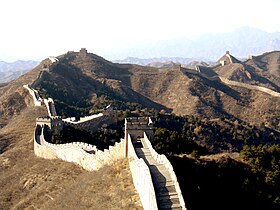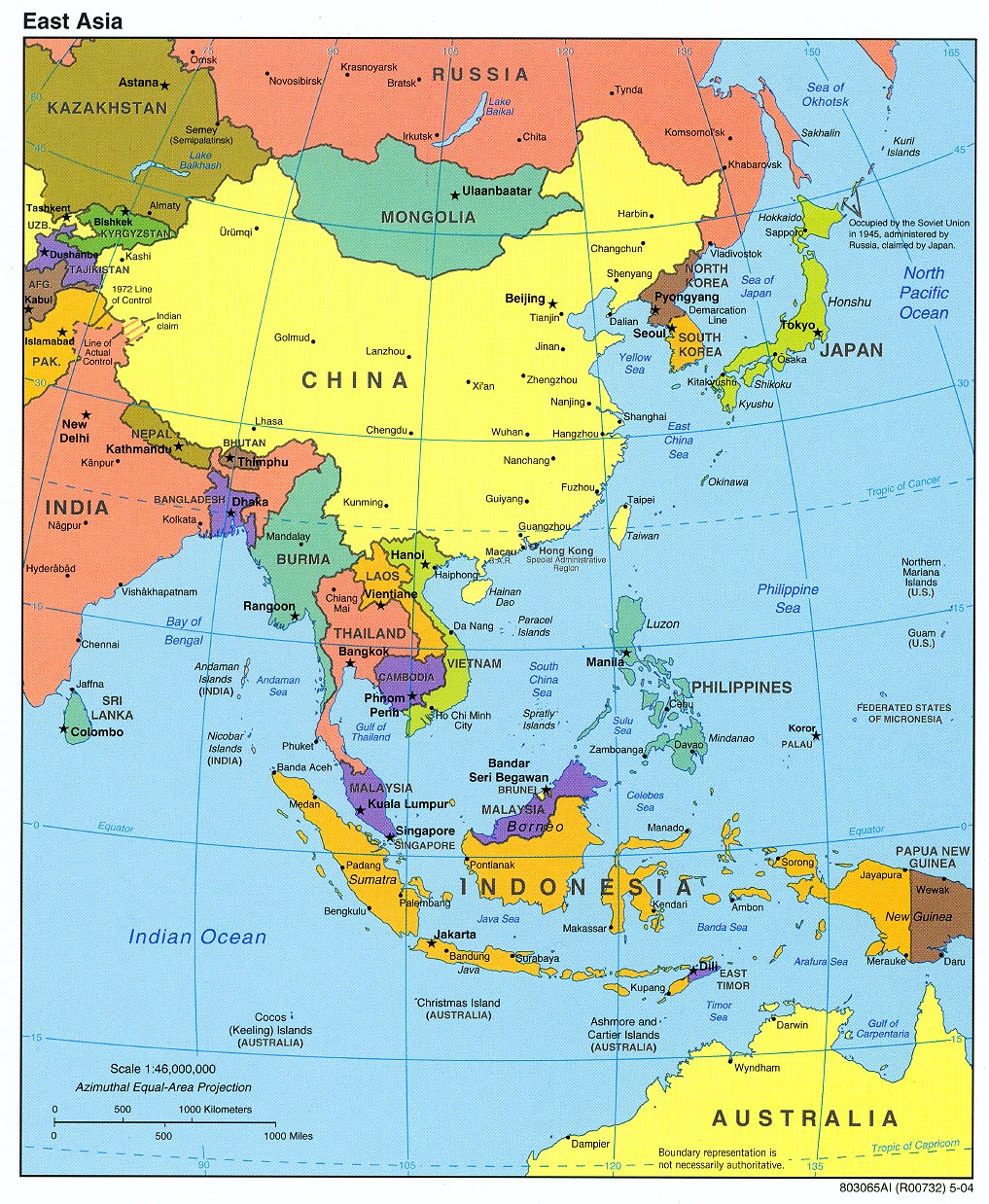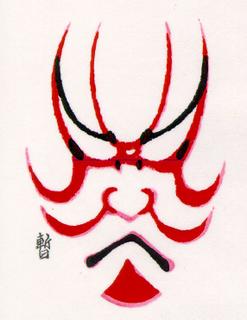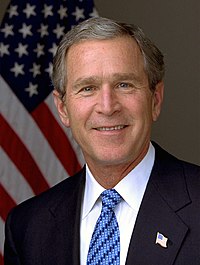
After much media ado and happiness regarding the first 6-party accomplishment (knock on wood), here is my numeric take on the joint statement issued on Monday on North Korea's nuclear program
Section 1
So they all agree on removing nuclear weapons from the Peninsula. North Korea has signed it. Good for all of us. +1
The US has agreed it won't attack the DRPT. Super. +1
The return to the 1992 joint declaration. DejaVu!. +1
South Korea will not build, receive nor store any nukes. Hmmmm. Ok. That's also great. +1
North Korea's right to a peaceful nuclear program. I'm pro-windmill, and not so happy about nuclear energy. That's a -1.
Light-water reactor issue. That might come back and haunt us all. Not great either. -1
Sub-total: +2. Not bad, Messrs. Kim, Hill, Wu, et al.
Section 2
The six parties have agreed to abide by the purposes and principles of the UN Charter and recognize the norms of International Relations. With US attacking Iraq, we are currently lacking international norms and ethics: +-0
DRPK-US mutual respect for each other's sovereignty, peaceful co-existence, and steps to be taken to normalize their relations. Engagement is key. +1
DRPK-Japan took steps to normalize their relations. Wonderful. Perhaps North Korea will be more honest about the abduction issue and help prevent an anti-North Korean backlash under future-PM Abe. +1
Although this is a very vague category, we're still up with +3. That's stupendous.
Section 3
The six parties have agreed to promote economic cooperation in energy, trade, and investment, both bi- and multilaterally. Yahoo. Have you heard of Friedman's Dell theory of conflict resolution? +1
The five other nations will provide the DPRK with energy assistance and South Korea will stand by its commitment of providing 2 million KW of electric power. Let's hope this happens without any corruption scandals. +1
Sub(way) total: +2
Section 4
Commitment to long-lasting peace in northeast Asia. Sweet-honey-rosy stuff, but looks great on your CV. +1
A separate forum to pursue this. Why don't they use ARF, or Asean+3, or the like? But perhaps this could be a forum that actually works! Wow. That would be great. +2
Sub: +3
Section 5
Step-by-step follow through of commitments. This should help prevent a "you go first" situation. Nice one. +1
Do we need a sub? +1
Section 6
Another 6-party meeting in November. Let's hope this gets even BETTER! +1
Sub: +1
Deductions (them yella' cards):
For all the stubbornness (on all sides): -3
For the many, many…… meetings it required (and money it cost the tax payers): -1
This could still drag on for month, and months, and months, and m........ -1.25
Total:
What's the total? The quantitative conclusion?
I don't know. Who cares? It's like the point system in "Whose line is it anyway"? We don't really care. Its about the road and the journey 'out there.'
Let's instead save the energy and spend it on making the beautiful Korean peninsula a peaceful place with only one flag!








































 AP
AP AP
AP


